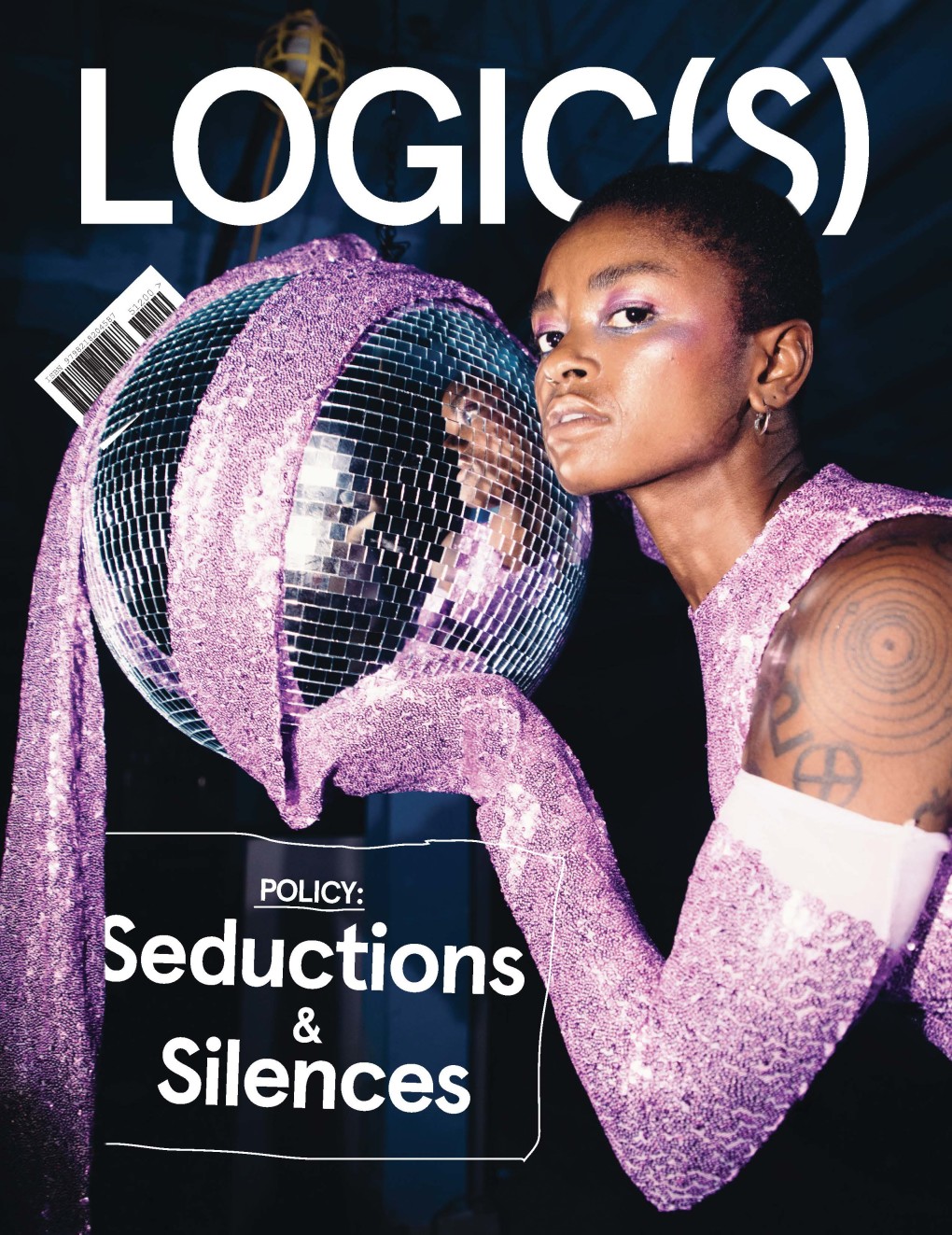policy: seductions and silences
The term “policy” has become so conceptually wedded to the state that when it is spoken, most imagine something akin to what scholar Jasbir Puar calls, in the case of Israel, an “asphyxiatory regime of power.” This dominant idea of policy signals an abandonment of abolitionist politics and an investment in the buttoned-down world of reform, where tepid conversations concede “better training for police” instead of the street’s demand for their destruction.
However, as Safiya Noble offers in this issue, we can envision a more capacious policy that is wedded neither to the state nor to the reformist disregard for Black life embodied in Michael Brown’s depiction as “no angel”—or the rendering of Palestinians as “human animals” and India’s Dalits as “untouchables.” What are the guidelines and precepts for A Nation on No Map, as William C. Anderson’s critical text on Black anarchism is titled? How do we conceptualize a set of beliefs to guide us through these “brutal undoings,” to borrow Christina Sharpe’s phrase, without attempting to stabilize liberal notions of citizenship, personhood, or monstrous innocence?
Policy: Seductions and Silences
A legitimately technological undertaking must deeply engage with poetry and testimonies from the wretched of the earth.
What Meaningful Words Remain To Be Said: Letter from the Editor on the Genocide in Gaza
A letter on Palestine from Logic(s) editor in chief J. Khadijah Abdurahman.
In Plain Sight / Shadowsmith
Two poems by Shivangi Mariam Raj where she “gather[s] shards of ceramic washed under my scream and forgive” and where “Shadow precedes presence.”
a shape of black: adoption as theft, ancestry as freedom
matthew reflects on his own experience of severance from his family into the home of evangelical Christians in an alleged sundown town. This non-fiction horror/memoir draws on the Black radical tradition to uneasily suture the fragments of his life, where possible.
Seoul’s Imported Prophets
Sam Altman arrives as a mythological hero in the self-help-saturated capital city of South Korea. However, there’s more than meets the eye, including a radical art space that deconstructs the AI hype cycle for a Korean audience.
The Allegheny Family Screening Tool’s Overestimation of Utility and Risk
The ACLU gained access to data from Allegheny Family Screening Tool (the pilot for predictive risk modeling in the family policing context) and examines how utility and risk were unduly inflated by the county.
Building Blocks of a Digital Caste Panopticon: Everyday Brahminical Policing in India
Tracing the history of Telangana’s police state and its Brahminical investments.
Why Everyone Hates The Electronic Medical Record
Medical recordkeeping was originally a way to chart a patient’s course of illness and support clinicians in finding the best course. Now, electronic health records have disrupted the foundation of the therapeutic relationship. What happened?
Overseen: memories of the search for a thing that maybe never was
Kalundi Serumaga discovers an archive of African state TV broadcasts in London, and describes the fight to save colonial archives of Ugandan history and the stakes for Black African Indigenous peoples.
Cheats and Sneaks: A Conversation with Marina Kittaka
An interview with game developer Marina Kittaka (of Analgesic Studios) on her work and the state of the video games industry.
Unjust Termination and the Preservation of Black Families: A Conversation with Angela Burton
Unjustly terminated for doing what she was hired to do: advocate against the destruction of Black families, Burton states how all Black people want is to be left alone and collectively self-determine their lives.
Continuing Family Policing Scholarship from the Bed: A Conversation with Victoria Copeland
Victoria has lost her voice, so we conducted this interview about disability scholarship, dismantling family policing and predictive risk modeling over text message.
Resetting How We Think of Policy: A Conversation with Safiya Noble
Policy not just as in the state but as a set of guidelines or how we plan for Black life.
Blackness in the Fediverse: A Conversation with Marcia X
A conversation about the #PlayVicious Mastodon instance.
What Is a Language Model, and Why Should You Care?
An explainer of language models and how they work, and their limits.
ALL EYES ON US – A Companion Piece
Transition is infinite motion. To transition is to sit in the inescapable space between violence and possibility. It is to both mourn death and revere life – to feel the ache of a burning body and still insist on the exigency of something beyond. Dharmaraj surveys contemporary Black trans scholarship, engages with anti-caste scholarship and reconsiders makeup as a holy act.
Mowing the Lawn: The Genocide Industry
Finance editor Ed Ongweso on Israel’s strategy to weaken Palestinians’ ability to resist, in particular through the use of technology and water deprivation.
సాంకేతిక కుల గూఢచర్య చట్రాల నిర్మాణ పునాది రాళ్లు: భారత దేశపు నిత్య జీవితంలో బ్రహ్మణీయ పర్యావేక్షణ
This article by Nikita Sonavane, Mrinalini R., Aditya Rawat, Ramani Mohanakrishnan, and Vikas Yadav, originally published in English as “Building Blocks of a Digital Caste Panopticon: Everyday Brahminical Policing in Indi,” was translated into Telugu by Sushma Gumpenapalli.
Faggotry: Liberation in the Club
Logic(s) designer in residence Bones Jones showcases their evolution from the previous issue with images from our underground Black, trans, and queer fashion show, Whimsical Magic.
